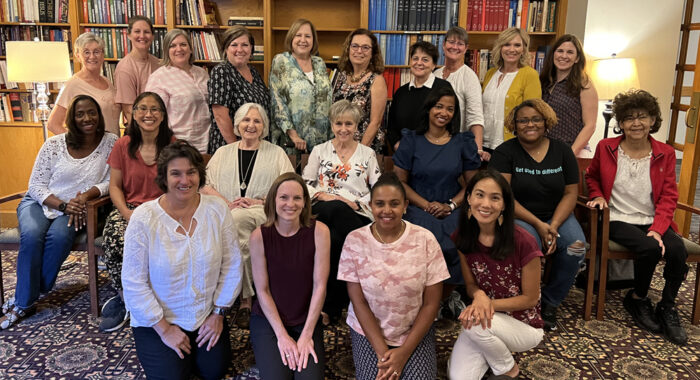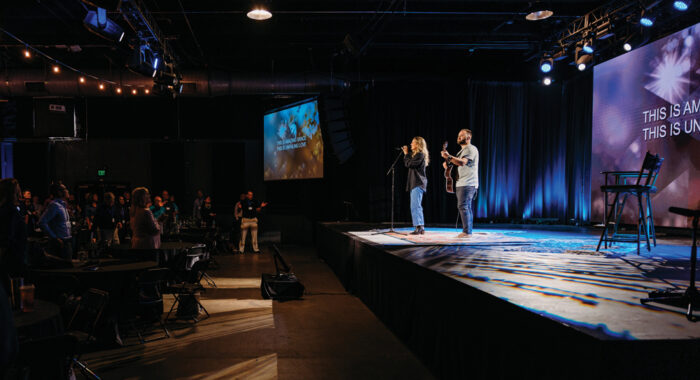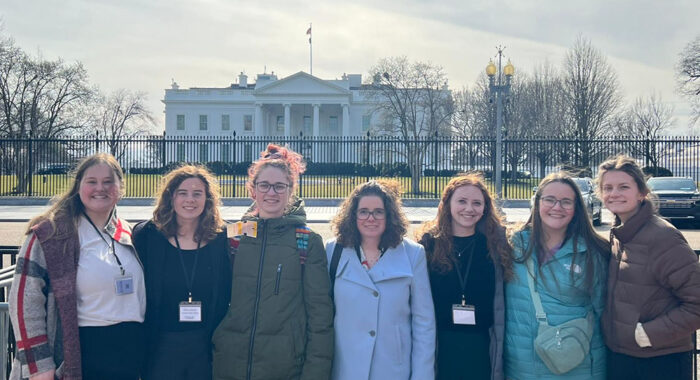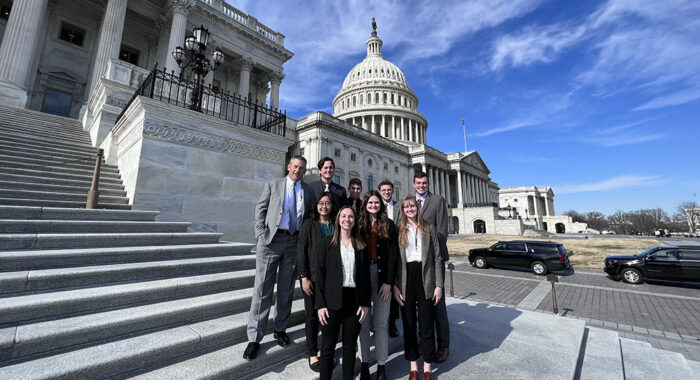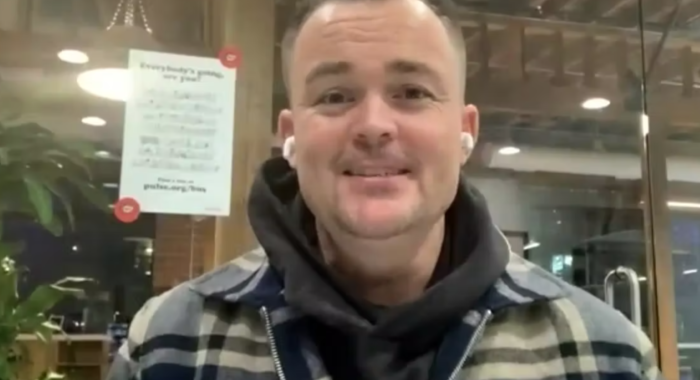Kara Powell is executive director of the Fuller Youth Institute and assistant professor of youth and family ministry at Fuller Theological Seminary. Prior to Fuller, she was an assistant professor of youth ministry and practical theology at Azusa Pacific University. Powell has authored or co-authored over 10 books. She holds a Ph.D. in practical theology from Fuller, an M.Div. from Bethel Theological Seminary and a B.A. in human biology from Stanford University.

Remember your first set of keys?
Stephen — who goes by “Stretch” — received his first set of keys when he was 16. His town handed him a driver’s license, and his parents handed him the key to the family car. Heart pounding with excitement, he climbed behind the wheel and pulled out of his driveway for the first time on his own. Stretch couldn’t believe the newfound freedom and responsibility he had been given. He took a step away from childhood and a step closer to adulthood.
As Stretch pulled onto the street and began to accelerate, he faced an important and practical question. Where should I go? Within a moment he knew the answer. Over the past several years, his church had become like a second home to him. There he felt known, accepted and valued. So naturally, he headed in that direction.
As he drove into the parking lot, the church’s childcare was wrapping up for the day. One of the coordinators who knew Stretch noticed him driving the car. Given a recent shortage of childcare workers and seeing that he now had transportation, she asked if he was interested in helping after school.
She was only halfway through the question before Stretch knew his answer. He would get to hang out at the church, spend time with kids, and on top of it all … he would get paid. This day couldn’t get any better!
Until a few minutes later, when she returned from the church office and handed him a key to the church. “If you’re going to help us, there will be times when we’ll need you to lock up,” she explained.
Stretch was staring so intently at the key that he barely heard her words. The pastor had this key. His Sunday school teacher had this key. Other adults who were mature — who had power — had this key. But him? It was like he had been waiting on the sidelines during the big game and was now being called to step onto the playing field.
Life was truly as good as it could be. Until it got even better.
A week later, while Stretch was working in the childcare center, the youth pastor dropped by. “You know, Stretch,” he said, “if you have your license and are already at the church, would you be willing to stock the soda machine for me? The job comes with all the Mountain Dew you can drink.”
Key to the car. Check.
Key to the church. Check.
Key to the soda machine. Check.
Stretch knew he had arrived.
Later that night, Stretch received the final “key” that forever changed the course of his life. Standing alone in the empty church, he heard God speak to him — not audibly but distinctly.
“You like to be here, don’t you?” God asked.
“Yes, I do,” Stretch answered.
“Well, get comfortable, because you’re going to be here a lot.”
From that day on, Stretch knew that both his future and his vocation were closely tied to church ministry. Leaders he deeply respected had entrusted him with access and authority by giving him keys, both literally and figuratively. In the several decades that followed, others continued to entrust him with the keys of leadership, and he’s now been a youth pastor for over 20 years. Today Stretch, his senior pastor, and the culture of Immanuel Church of the Nazarene exemplify a powerful kind of leadership pervasive in churches and parishes that grow young — a type of leadership that can unleash the limitless potential of young people and infuse your entire congregation with new life and energy.
Churches that grow young are brimming with staff, volunteers, and parents who demonstrate keychain leadership. Whoever holds the keys has the power to let people in or to keep people out. Keys provide access to physical rooms, as well as to strategic meetings, significant decisions, and central roles or places of authority. The more power you have, the more keys you tend to possess.
When we refer to keys, we mean the capabilities, power, and access of leaders that carry the potential to empower young people.
By keychain leaders, we mean pastoral and congregational leaders who are:
- Acutely aware of the keys on their keychain; and
- Intentional about entrusting and empowering all generations, including teenagers and emerging adults, with their own set of keys.
Beyond simply the launching of a student leadership team, keychain leadership is a spirit and commitment demonstrated by both paid and volunteer leaders that permeate every area of the church.
Based on research with over 250 of the nation’s leading congregations, “Growing Young” provides a strategy any church can use to involve and retain teenagers and young adults. This excerpt from “Growing Young” © 2016 by Kara Powell, Jake Mulder and Brad Griffin is used by permission of Baker Books, a division of Baker Publishing Group. Order at BakerBooks.com.



 View All Articles
View All Articles 








